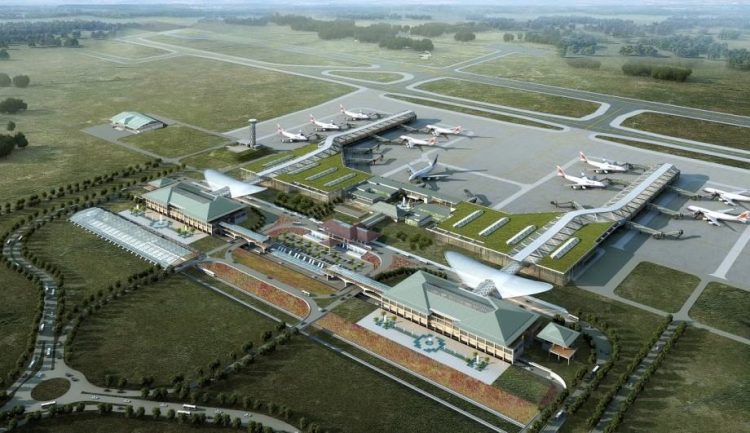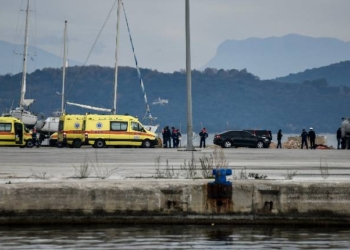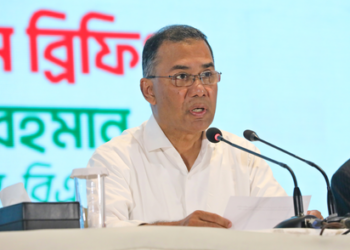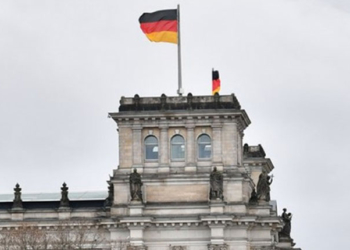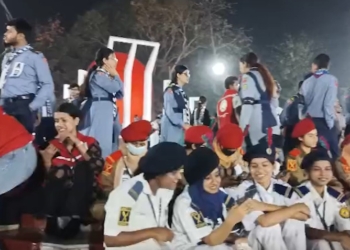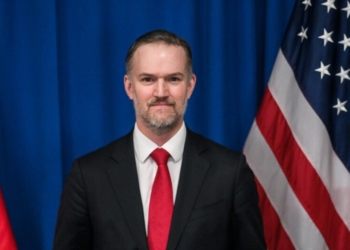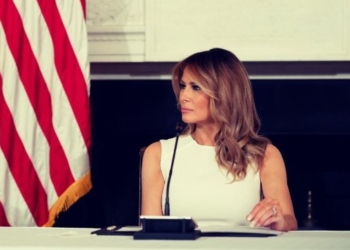Colombo: An Indian firm jointly taking over the management of China-built country’s second biggest airport in Hambantota – one of the hotspots of China’s controversial Belt and Road Initiative (BRI) in Sri Lanka – sends a strong signal of Colombo’s growing power shift to New Delhi from Beijing.
On Friday, the Sri Lankan Cabinet of Ministers gave the green light to hand over the management of the Mattala Rajapaksa International Airport (MRIA) to Shaurya Aeronautics (Pvt.) Ltd of India and Airports of Regions Management Company of Russia for a period of 30 years.
“The Cabinet of Ministers expressed their consent to the resolution furnished by the Minister of Ports, Shipping and Aviation to entrust M/s Shaurya Aeronautics (Pvt.) Ltd of India and Airports of Regions Management Company of Russia with the management of the Mattala Rajapaksa International Airport for 30 years,” the Department of Government Information announced.
“A total of five institutions submitted their proposals and two companies were selected,” Cabinet Co-Spokesman and Minister Bandula Gunawardena told media announcing the decision to hand over the management of the airport branded as one of the “emptiest” airports in the world.
Built at a cost of $209 million Chinese commercial loan, out of which $190 million was taken on a high-interest from the Exim Bank of China, the airport has been plagued with problems since its inauguration in 2013 with hardly any flights operating from it considering its 230 km access from capital Colombo.
Due to the mounting losses, Sri Lanka has been looking for commercial partners to manage the airport since 2016.
The National Audit Office (NAO) revealed that over the period 2017-2022, the MRIA has accumulated losses of over Rs 42.81 billion. The decision to shift the management of the airport also takes place while Sri Lanka is in talks with China’s EXIM Bank to reorganise the airport loan, which is a part of the $4.2 billion borrowed for various infrastructure projects.
The airport closer to the southern tip of the island in the Indian Ocean is presently being used for handling chartered tourist flights from Russia and some countries from Central Asia.
The airport is in close proximity to the China-run harbour in Hambantota – one of the Chinese government’s major infrastructure projects under its ambitious Belt and Road Initiative (BRI), just like Gwadar in Pakistan and Djibouti in East Africa.
Unable to repay a huge Chinese loan of about $1.263 billion, Sri Lanka was forced to hand over the port on a 99-year lease to China Merchants Port Holdings which turned out to be a classic example of ‘debt trap diplomacy’ which focused on cornering countries with loans and seizing strategic assets after they cannot repay.
Since the debt swap, China has attempted to use the port for vessels carrying controversial operations. In April 2021, Sri Lanka asked a China-bound cargo ship to leave the strategic Hambantota port after it was found to be carrying radioactive uranium without declaring it to the Lankan authorities.
In August 2022, both India and the US expressed strong protest against the entry of the controversial Chinese navy vessel ‘Yuan Wang 5’ into Hambantota Port.
Amidst continuous protest against China’s attempts to bring down research vessels to Lankan waters, the Ranil Wickremesinghe government temporarily banned allowing research vessels citing “security threats” to the Indian Ocean region.
Suffered by continuous perilous impacts on its economy which includes the Easter Sunday attacks, the Covid-19 pandemic and the international financial crisis, Sri Lanka in May 2022 became the first Asian lower-middle-income country to default on its sovereign debt in two decades.
The island nation declared a debt default on over USD 51 billion in foreign loans out of which 52 per cent is owed to China, the largest lender.
Amidst the unprecedented financial crisis faced since 1948 independence, India came to the rescue of its southern neighbour with Lines of Credit worth over USD 4 billion in different sectors, including the supply of essentials such as petroleum, fertilisers, medicine, development of railways, infrastructure, defence sector and renewable energy.
India also took the initiative with other bilateral creditors like Japan and the Paris Club to speed up the debt restructuring process, the action which helped the country to secure an International Monetary Fund (IMF) conditional bailout package of nearly $ 3 billion for three years.
(IANS)




